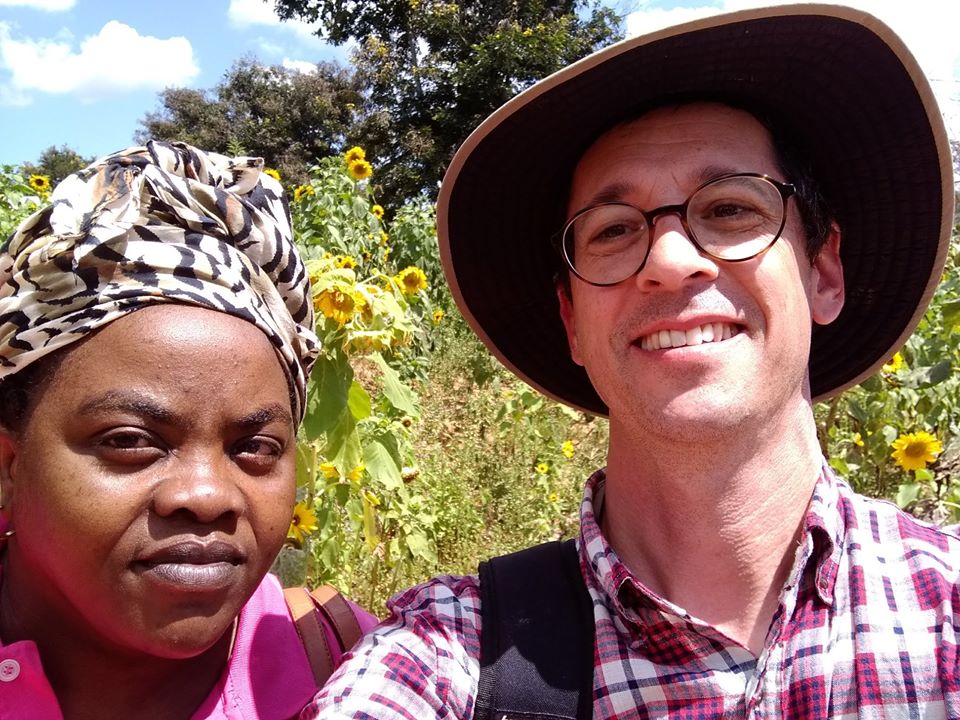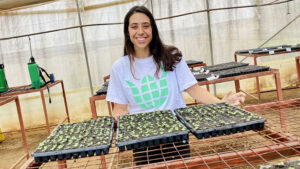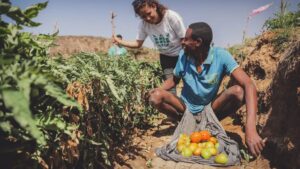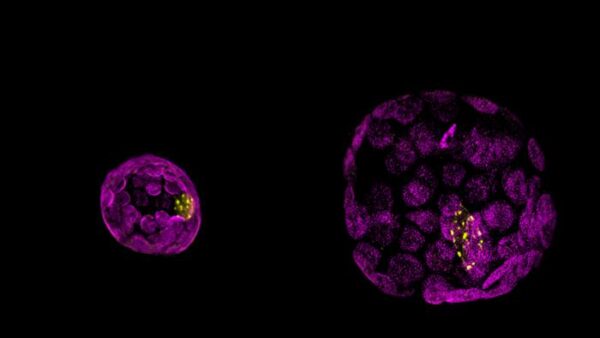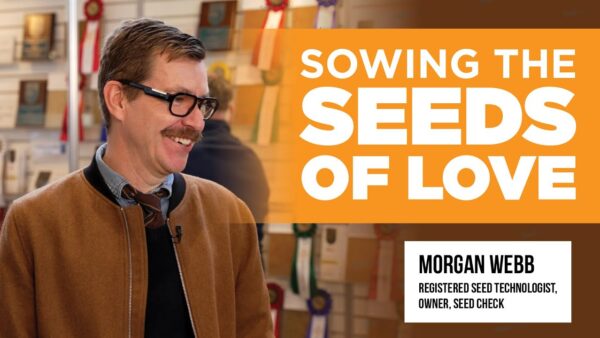Farmers in the developing world continue to become more self-sufficient thanks to the efforts of Seed Programs International.
At this week’s American Seed Trade Association Vegetable & Flower Seed Conference in Monterey, Calif., Peter Marks, president and CEO of Seed Programs International, offered an update on the organization’s success in its mission to provide quality seed, expertise, and training materials to humanitarian organizations working around the world to alleviate hunger and poverty.
In 2019, SPI celebrated 20 years since its founding. Sadly, SPI also lost it founder, John Batcha, who founded the organization in 1999 and passed away last June.
Batcha founded SPI in 1998 to meet a need he saw in the world. Combining his agricultural expertise with a passion for changing the world, he created a program that has provided families and communities with life-sustaining vegetable seed. In this time, more than 1 million gardens have been planted over 200 sites throughout 75 countries worldwide.
“I learned from John that there are two ways to change the world: boldly and thoughtfully sharing resources and expertise globally is one way; quietly making life better for everyone around you through human kindness and connection is another way,” Marks says.
Under Marks’ leadership, SPI continues to form partnerships to respond to crises like 2019’s Cyclone Idai in Africa, Rohingya refugees fleeing from Myanmar to Bangladesh, and extended drought and displacement in the Horn of Africa.
Mentioned in his presentation this week at the ASTA conference was SPI’s enhanced focus on “exit strategies” from seed aid. There are at least 15 cases in the past three years of SPI partners who were receiving SPI seed now accessing it from sources in their own region instead. SPI enjoys partnerships with a variety of organizations in the seed industry, including the American Seed Trade Association and many of its member companies.
About 700 million people live on less than $2 per day. On this budget, it can be impossible to sustain life. Malnutrition in the developing world causes dire consequences for nearly a billion people, 60% of them women and girls. In some communities, the nearest seed store can be hundreds of miles away. Finding solutions to make small farmers self-reliant is crucial.
“Aid and development are working. Whereas most people surveyed would say that poverty is increasing, and there is an unfortunate perception that philanthropy is wasted, in fact the opposite is true,” Marks says. “Extreme poverty worldwide is currently half of what it was in 1990. We don’t take the credit for change like this, but by providing access to the essential resource of vegetable seed, local people are able to transform their own lives and become part of this positive statistical shift.”
Fate is a farmer who has forged a new livelihood from the resources and education she accessed through GrowEastAfrica, an SPI partner in Ethiopia. Building upon her training, she’s stepped into leadership with the Soyama Women’s Association.
“Just a few years ago, we were a community that was worried about what we would eat tomorrow and what the future looks like. Today, not only are we growing our own food, but we’re making plans for the future of our people and our community,” she shares. “We are creating markets for ourselves, we’re inspiring and empowering each other, and we’re saving money and contributing to our own development.”
The miracle of seed and the secrets within — SPI is about sharing that with others and people who haven’t been able to experience it before, says Brian Love, SPI board member and CEO of Ag Science Insights.
“It can transform their lives. There is this vicious cycle where people don’t grow vegetables because there is no seed available, and there’s no seed available because they don’t grow vegetables. If SPI can work with a partner to break that cycle, what we want to see is them accessing seed from a local source. We’re here to work ourselves out of a job. We were born of the seed industry and more and more partners are supporting us to do more than just provide seed but also provide the knowledge and training to get the most out of it.”
Marks says that SPI works with partners in ways that fit those partners’ goals. Isabel Fuenzalida is culture and organizational development senior manager for Sakata Seed America based in Morgan Hill, Calif., and says partnering with SPI has been a wonderful fit.
“When we sat down with Peter and understood what SPI does, we realized it’s the perfect seamless alignment for us. It aligns with our corporate mission. The connection we now have with SPI is through our corporate giving program — Sakata Gives,” she notes. “At Sakata Gives we focus on sustainability, nutrition, health and environment. It checks all the boxes for us, and our employees can really relate to what SPI does, which makes it a great fit all-around.”
To learn how to support or get involved with SPI as a business or individual visit seedprograms.org.


